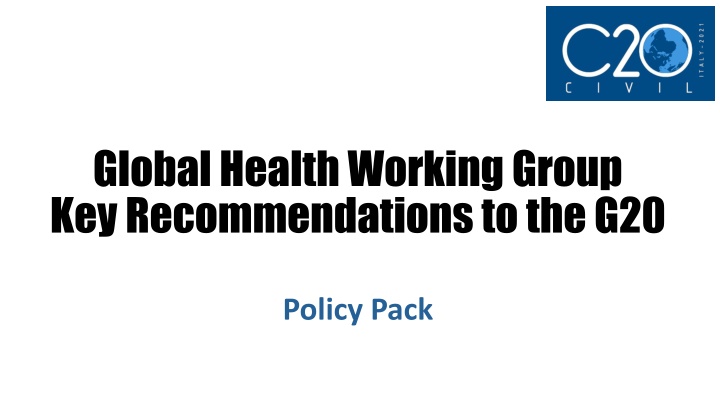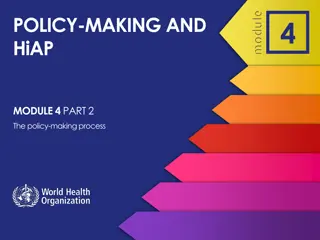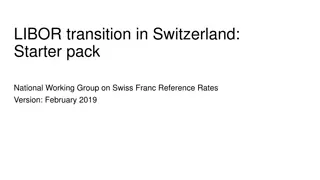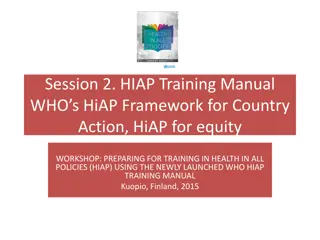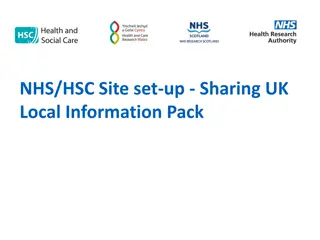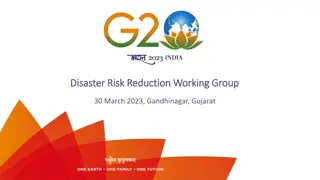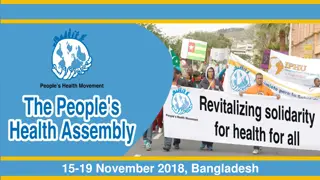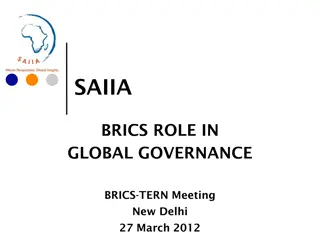Global Health Recommendations for G20 Policy Pack
Key recommendations focus on human-rights based, equitable access to healthcare, global solidarity in health, improving health and community systems through sustainable financing, and strengthening global health architecture. These recommendations aim to address inequalities, promote gender transformative responses, and ensure fair pandemic responses for all populations.
Download Presentation

Please find below an Image/Link to download the presentation.
The content on the website is provided AS IS for your information and personal use only. It may not be sold, licensed, or shared on other websites without obtaining consent from the author.If you encounter any issues during the download, it is possible that the publisher has removed the file from their server.
You are allowed to download the files provided on this website for personal or commercial use, subject to the condition that they are used lawfully. All files are the property of their respective owners.
The content on the website is provided AS IS for your information and personal use only. It may not be sold, licensed, or shared on other websites without obtaining consent from the author.
E N D
Presentation Transcript
Global HealthWorkingGroup KeyRecommendationsto the G20 Policy Pack
Human rights-based, people-centred, equity-focused, and gender transformative responses to overcome the limitations of current responses to health interventions and to address future emergencies. This includes addressing the inequalities, discriminatory practices and unjust power relations which are often at the heart of development problems, such as legal, financial, societal, and gender-related barriers; Meaningful and inclusive participation of communities and civil society organisations at all levels of health governance, including decision-making, implementation, institutionalization of transparent, mechanisms and processes; monitoring, accountable, through and the inclusive
Equitable access to healthcare. Global agreements for pandemic responses must be fair for all, evidence-based and -informed, and not based on the ability to pay. Fully supporting and funding the ACT-A pillars and C-TAP, to share knowledge, intellectual property and data, and the proposed WTO Trade- related Intellectual Property Rights (TRIPs) waiver for vaccines, diagnostics, treatment, and technology transfer to maximise the global production capacity. Learning from the lessons of COVID-19 and translate them into action across all diseases so that all have access to comprehensive, equitable, affordable, and quality health commodities, services, and care;
Global Health Solidarity must be the driving force towards achieving the 2030 Agenda Goals, UHC included, to ensure that health solutions, systems and policies do not further exacerbate inequalities and negatively impact the health, nutrition and/or livelihoods of people; A revitalised and reformed global health architecture involving strengthening WHO and one that promotes multi-sectoral action, subsidiarity, integration, equity, innovation, and human rights-based and gender-transformative approaches;
Health and Community Systems Strengthening, and Sustainable Financing through increasing fiscal space, progressive taxation, debt cancellation, and upholding donors commitments of 0.7% ODA/GNI target based on solidarity and equitable access to health services for all populations, especially to those most in need. Healthcare personnel, including community health workers, must be adequately funded and trained, based on an equity, innovation, rights and gender transformative approach, recognising that women carry the biggest care burden;
One Health (OH) Approach guiding monitoring practices and solutions towards holistic global health systems, considering environmental health, agroecology and food systems, veterinary medicine, molecular biology, health economics, trade and the use of modern technologies (including digital tools) as necessary requirements to make this concept operational; Digitalisation of health systems and healthcare by investing in an equitable, inclusive and responsible digital transformation of health, particularly in low- and middle-income countries, leaving no one behind and mitigating any potential harm these new technologies may lead to, including widening inequalities.
